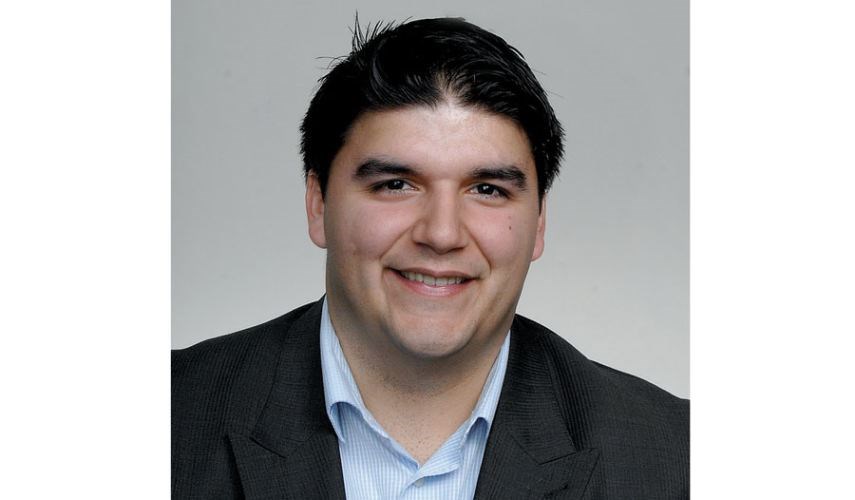I was at the Premier's Dinner last Friday and it was quite the soiree.
Dignitaries of every stripe, as well as several jurisdictions and First Nations were out in force; all four honorable ministers spoke, and Premier Christy Clark gave an address that included some red meat for the base, as well as a personal story about her relationship with her mother that was quite touching.
Along with dinner and the auctions, the atmosphere was cordial, welcoming and even celebratory.
But in the wake of that night, there have been some who have decried the cost of tickets to sit at Premier Clark's table, an entrance fee of $25,000 by some counts, and called for an end to "big money" or "corporate donations" in politics. Personally I find this all rather humorous - for many of those calling for such limitations often belong to a particular political view and the others saying such things from truly good intentions lack the experience to be wiser still.
I submit to you three arguments for your consideration as to why contribution limits don't really help anything: first, more regulation narrows the field, not widens it; second, there is no market failure like political spending; and third, the opposition, not the bureaucracy, is best equipped to check political decisions, fundraising, etc.
Narrowing the field: I have worked in federally regulated campaigns - nominations, general elections and by-elections - over the last five years, and so I have experienced firsthand what strict rules surrounding finances do to one's chances of participating in democracy on the receiving end of a ballot. The short story is that political parties are the only effective method of gaining enough cash to make a serious bid at a seat in Parliament - and the rules enforce this reality.
A slightly longer version of said story is that all candidates are equal at the podium, but some candidates are more equal than others in fundraising capacity, thanks to the interns working the phones from sea to sea to sea.
A well-meaning plutocrat has no place in Canadian politics, as they can only finance themselves to a max of $5,000. To gather the rest of their cash, they must create a Leviathan, and that's beyond most decent human beings' abilities.
Market failure: "cast not the first stone" is always a good piece of advice in the political realm, especially to those who would see the "one per cent" close their cheque books. To give credence to those with $25,000 to spend on political donations, I'd rather them spend it there than by less obvious and more nefarious means. Dinners, fundraisers, big cheques for charitable causes that come back in tax breaks and photo-ops don't trouble me like ad scams do.
Also, market failure goes both ways. How many unionized staffers have stayed after work unpaid to continue phoning? Does it count as a political contribution to manage your party's Facebook page while at work? And isn't that a double whammy if you're on the public dime? It bears repeating that casting the first stone brings you under scrutiny - unless you're fully accounted for, down to the coffee bucks you gave the intern, I'd steer clear of accusations.
Opposition vs. bureaucratic enforcement: I would never advocate for an end to the PBO or provincial equivalents. But I would mention that it costs a lot of money to pay someone to watch someone else's back, or yours for that matter. Of course someone needs to watch their back too, and perhaps someone needs to audit those audits - in fact this all sounds like a lot of make work.
There's no worker like an interested one, and an opposition is very interested in sounding the alarm over things that have the potential to embarrass the governing party. It gives their interns a reason to exist and their slogans grit when voiced - why any party would want to outsource such work is beyond my comprehension.
Yes, receipts should be checked and travel itineraries given a good look through. But spending even more to control spending seems silly.
Democracy is too valuable a thing to buy or politicize, as I'm sure the alarmists over the cost of tickets would agree...



